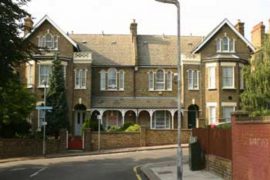In recent months we have been hearing how difficult it is for first-time homebuyers to qualify for a mortgage due to the high deposits required and the general lack of mortgage funding. What wasn’t made clear is just how high those deposits have risen.
Latest figures show that the average deposit when buying a home is ten times greater than it was in 1990 when the average deposit was just £6,600. These figures are based on research conducted by Bank First Direct which suggest that an increase in house prices is only part of the problem first time buyers face.
According to Bruno Genovese of First Direct, buying a home in 2010 was more difficult than at any other time within the past two decades with the average price of a home being more than six times the average household income and the average deposit being almost twice that of an average annual income.
Further, the average income has only risen just over twice that of 20 years ago whilst deposits have increased tenfold. This translates to homebuyers saving for far longer periods of time to come up with that over-the-top deposit.
Bank First Direct, which is part of HSBC, has shown that the average deposit required has risen twice as fast as the cost of the average home whilst that same deposit has risen four times that of the average household income. Genovese believes this is the reason the age of first time buyers has risen as well. It is just taking people much longer to raise that kind of money.
With the average age of first time homebuyers now standing at 35, many consumers polled who have never owned a home believe that they will never be able to do so. Comparatively, in the 1960’s the average age of a first time buyer was 23.
Even though interest rates are low at the moment and house prices have dropped dramatically over the past two years, this huge deposit is keeping first-time buyers off the property ladder.




